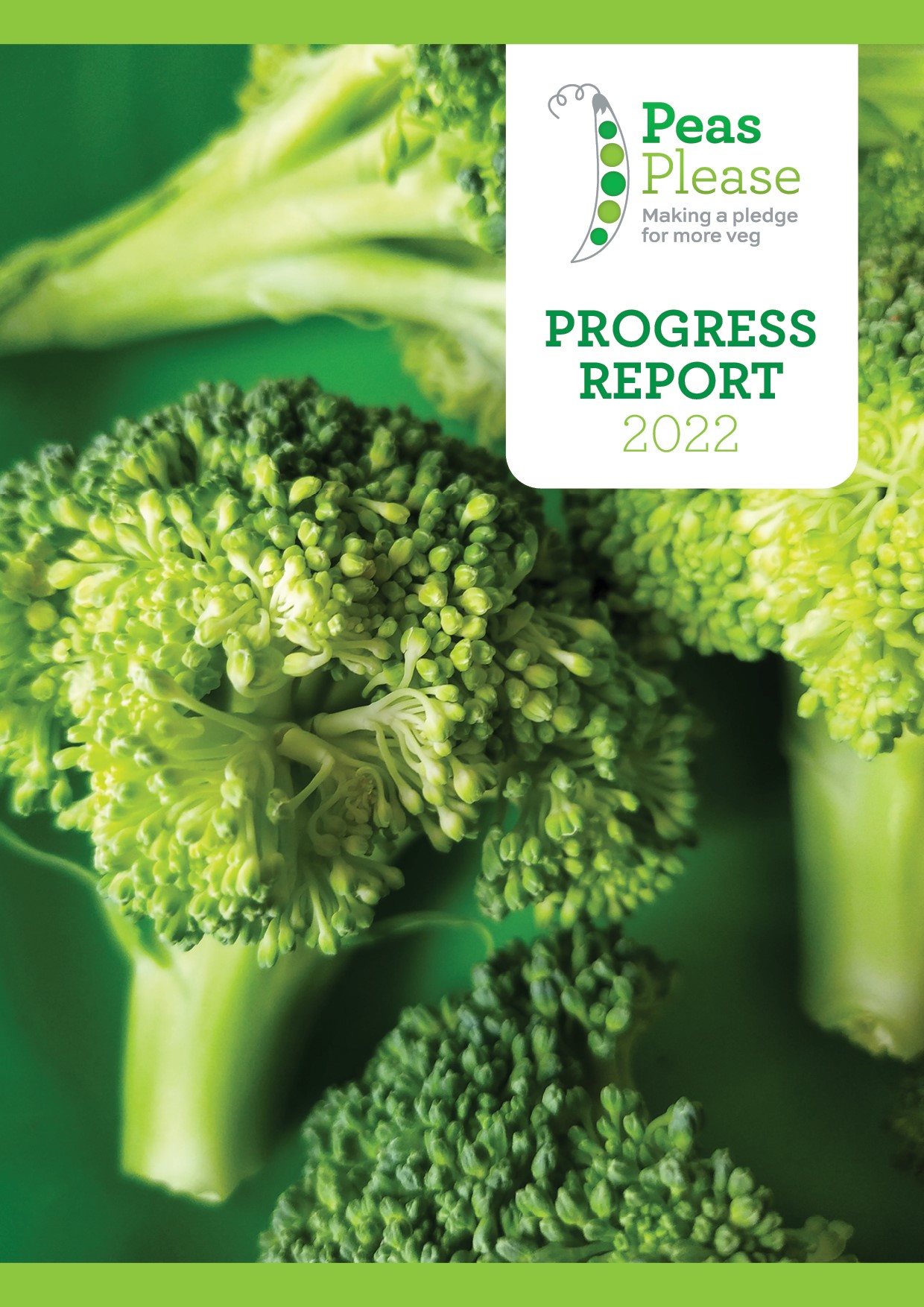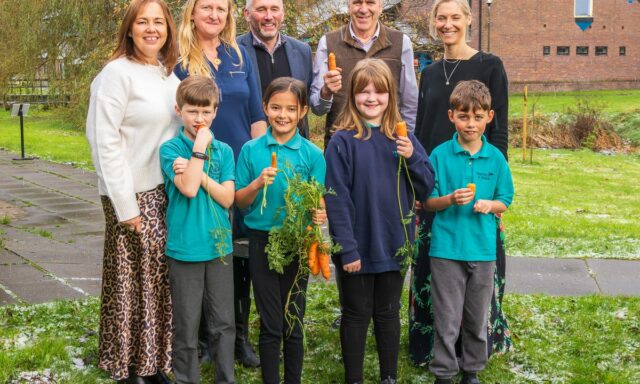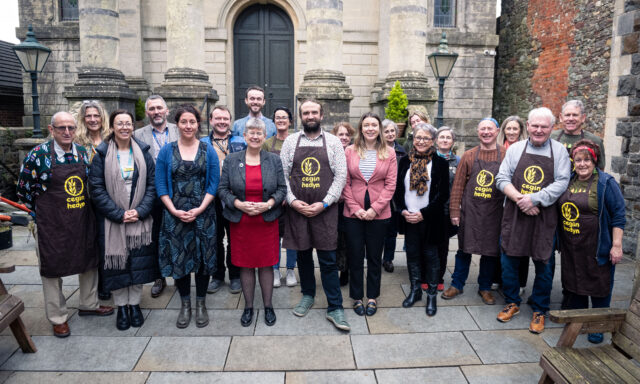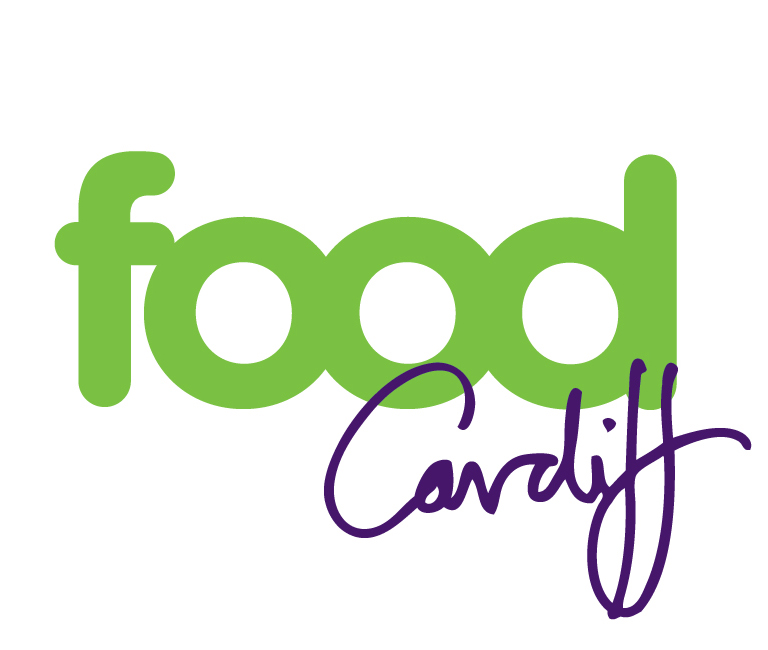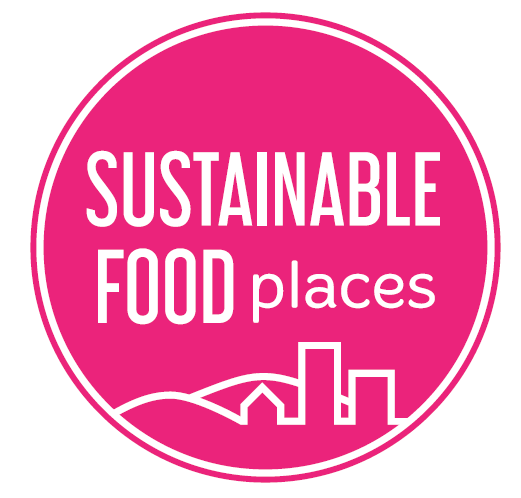2022 Peas Please Progress Report highlights challenges ahead for the food industry
Cash-strapped families are struggling to afford a healthy diet and there is a pressing need to find ways to increase vegetable consumption as businesses deal with the aftermath of Covid, supply chain problems and the challenge of maintaining low costs to consumers.
Although Peas Please business pledgers have achieved an amazing 771 million extra portions of vegetable sold since the Peas Please initiative started five years ago with 147 million of them in the past 12 months alone, this is a much smaller increase than the previous year where 461 million portions were added.
Meanwhile successive extreme weather events and crop failures are highlighting the worsening global impact of climate change and the need for people to reduce meat and animal protein intake.
The newly published progress report from Peas Please, a diet-changing partnership led by The Food Foundation with Food Sense Wales, Nourish Scotland, Nourish NI and Food NI shows that Peas Please now has commitments from more than 100 supermarket, restaurant chains and other major food industry players who are signed up to the Peas Please pledge to tackle Britain’s deepening public health and environmental crisis by boosting vegetable consumption.
However, inflation and rising prices have taken their toll. Almost half of low-income families are buying fewer vegetables, with inflation in veg prices running at almost 14% compared with around 7% for sweets and chocolate.
The report also shows a widening nutrition gulf between rich and poor. Among those earning less than £10,000 the proportion of vegetables in the shopping basket fell in the past year while for those earning over £70,000 it remained the same despite rising prices.
Other data in the report show people are buying lower volumes of food overall as the cost-of-living crisis deepens.
However, the Peas Please team is keen to showcase efforts by committed businesses to combat these trends with examples of ‘veg innovation’ from a variety of our pledgers.
The core retail, restaurant, and manufacturing Peas Please pledgers remain as committed as ever to the programme, which has as core objectives:
- Mandatory reporting as promised in the Government Food Strategy for all large food businesses. This would support a transition towards more plant-based food consumption by tracking sales of fruit and vegetables and plant rather than animal-derived proteins, as well as progress in the drive to reduce sales of high fat, salt, and sugar products
- Three billion extra vegetable portions sold by next Summer by our pledger community with more effort to ensure low- and middle-income households can afford vegetables
Greggs, Giraffe and Ocado are among organisations receiving special praise for achieving a green traffic light rating for successful efforts to change the direction of travel in the food industry.
Five more organisations have this year recognised the critical importance of these targets and joined the food pledger community of more than 100 household names.
In 2023 the Peas Please partnership is asking pledgers to act to:
- Commit to new initiatives to help cash-strapped families maintain vegetable intake in their diet
- Demonstrate they have met their pledger commitments by July 2023
- Celebrate the success of the past four years at our Autumn Veg Summit event where we will award our Golden Carrot prize for the company making the most progress
Rebecca Tobi, The Food Foundation’s senior business and investor engagement manager, said: “This has been a difficult year for food businesses and households, and things are likely to get worse as the cost-of-living crisis deepens. Although we have seen Peas Please progress stall this year with worrying indications that families are having to cut back on veg, it is encouraging to see many of our pledgers continuing to work to champion veg. It has never been more important to make sure that households are still able to access and afford vegetables, with decisive action from the retail and out of home sectors to protect veg from the worst effects of the cost-of-living crisis urgently needed in 2023.”
Claire Atkins-Morris, Director of Corporate Responsibility at Sodexo, said: “Sustainable eating is an important focus for so many reasons from nutrition, cost and carbon emissions. This report acts as a reminder that industry has a part to play in providing responsible options and therefore supporting the communities where we live, work and play. This year’s report has also highlighted the multiple demands and impacts affecting the food service industry over the past couple of years. Despite these challenges, there is a need to navigate how supply chains can be managed with the environment and society in mind, ensuring that the focus on delivery of food shouldn’t mean the reprioritisation of climate targets.”
Charlie Parker, Senior Nutritionist at Ocado Retail comments: “This year we pledged to increase our Ocado Own Brand range of fresh vegetables by 10% and ensure all of our main meal recipes in our Ocado Life Magazine contain at least one portion of vegetables – we’re proud to have achieved both of these targets. We’re looking forward to continuing to work with Peas Please to make ‘5-a-day’ affordable, inspiring and achievable for our customers.”
Katie Palmer, Programme Manager at Food Sense Wales, said: “This last year has been extremely difficult for our pledgers but a number of them have come together to respond to some of those challenges with supply chain innovation – using courgettes! This pilot involved a new entrant grower and included four of our Wales pledgers (Castell Howell, Tyfu Cymru, Cardiff Council and Food and Fun) to increase locally grown produce in the meals served in schools during the summer holidays as part of Welsh Government’s Food and Fun programme. The successes from this research will be used to help inform the Welsh Government’s commitment to increase the amount of locally sourced food into school meals as part of its roll out of Primary Universal Free School meals.”
ENDS

